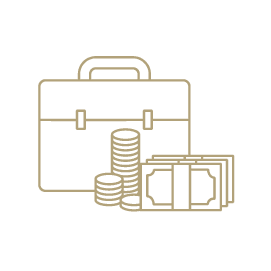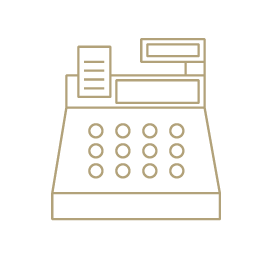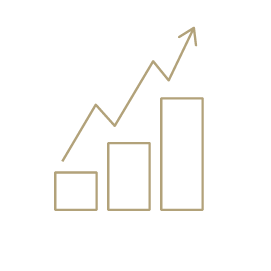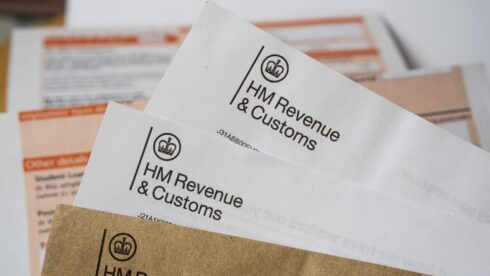Do you know about these three small business taxes?
Melanie Richardson
23/04/2018
If you are running your own small business, it is certain that you will have to pay tax at some point. Where it can all get a bit confusing though is what tax applies to you, as there are quite a few different types of tax that businesses can pay. Some, for example, may only apply to limited companies which, if you are a sole trader, are not needed.
To compound things further, most small business owners don't like dealing with tax issues or find it very complex. If you want a quick run-down on the taxes you should be aware of, read on.

1. Income tax
This is the big one for small businesses! You will have to pay income tax on all profit made above the personal tax allowance. The personal tax allowance figure is £11,850 for the current tax year April 2018 to April 2019. Any money you make over this amount you will need to pay income tax on. There are different tax bands to work out how much you should pay but most small businesses will be on the basic rate of 20% of taxable income.

2. National insurance
Although not officially a tax, this is still something to be aware of as it is considered as such. National Insurance payments will either be Class 2 (if your profits are over £6,205 per year or more) or Class 4 (if your profits are £8,424 per year or more). The usual practice is to complete a self assessment form for the HMRC each year from which they will work out which Class payment your business should make. Depending on which Class you fall into, the payment rates are different. For 2018/19, Class 2 is £2.95 per week while Class 4 is a percentage of your profits.

3. Business rates
Business rates are much like an extra council tax for any business that operates from office or retail premises. If you work from your own home, you would usually not have to pay this as it only relates to commercial properties. Some types of property that are affected can get business rate relief where the cost is brought down a little.
The above are the main taxes that smaller businesses should be most aware of. While there are others, like corporation tax or VAT returns, these are only really applicable for larger businesses with high profit levels.
Of course, the best way to be sure of covering all your tax requirements is to use qualified accountants to handle your tax returns. If you are based in the Sussex area or the South-East, give us a call today to see how we can help your business.
To discuss your small business taxes in Sussex get in touch with our Business Services Partner Robert who can discuss the change with you:
Email: robertw@swindellsaccounting.co.uk
Tel: 01825 763366

Sign up to receive our private content
straight to your inbox






